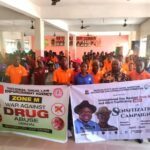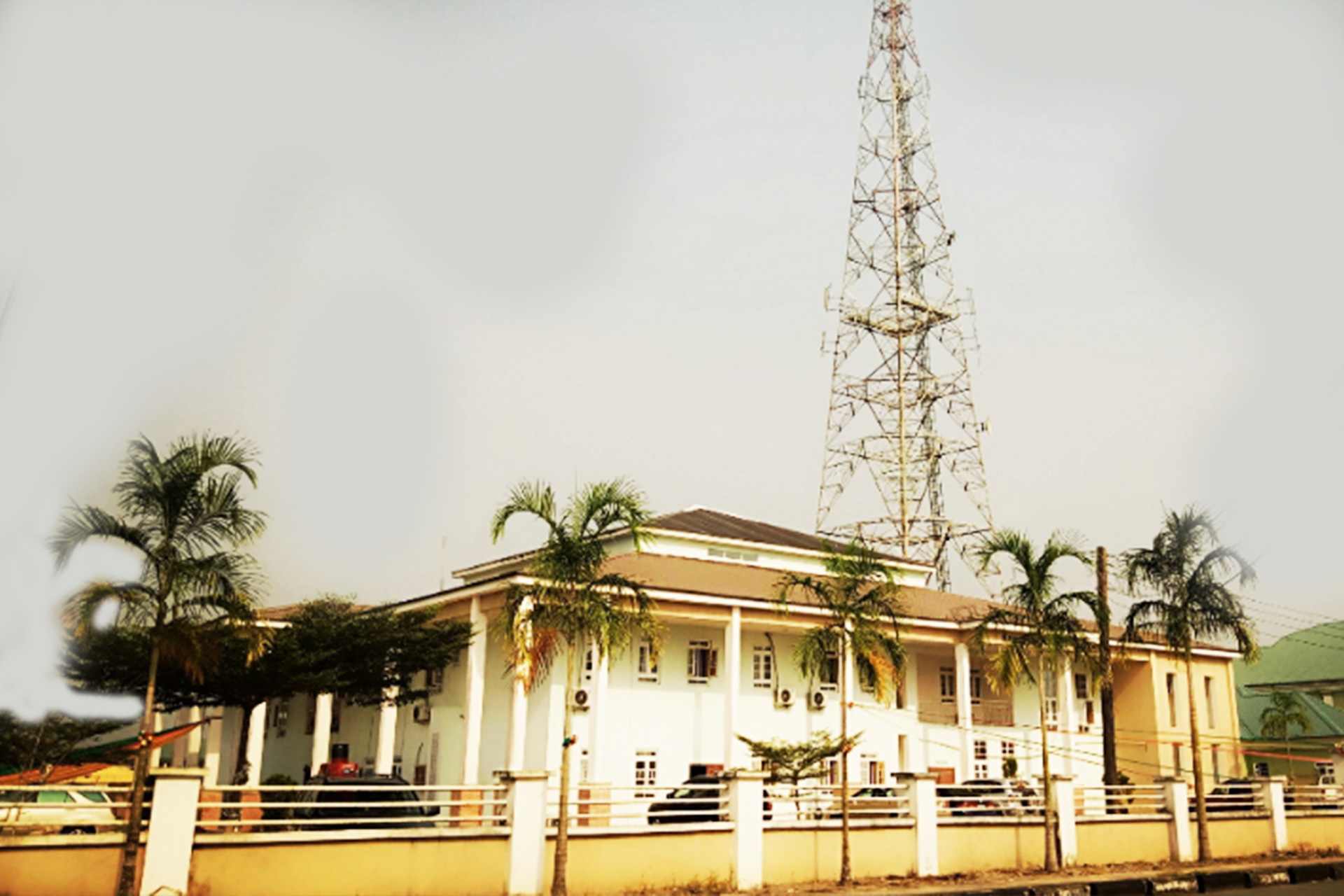World Toilet Day (WTD) was established by the World Toilet Organisation (WTO) in 2001 and in 2012, the United Nations (UN) made it an official global observance, marked annually on November 19th. The UN observed that “one in three people around the world have no safe and sanitary place to ‘go’ when nature calls” and about 3.6 billion people in the world live without access to toilets. Hence, World Toilet Day is used to campaign against open defecation and create awareness on the sanitation problems caused by open defecation.
Open defecation is an unhygienic practice where people defecate in bushes, riverbanks or available open spaces. It has been an age long act predominant not just in the rural areas, but also in the cities, due to the lack of toilet facilities in some homes and public places; markets, offices, schools, shops, etc. The practice poses serious health and environmental challenges, as well as causes adverse effects on the wellbeing of people, as rain or flood flushes exposed excreta into wells, farms and drinking water. Worst still, most people use the same water defecated in for domestic purposes; especially in the rural areas, thereby increasing the risk of chronic diseases like cholera, typhoid, diarrhea and trachoma.
Unfortunately, open defecation popularly referred to as ‘shot put,’ is also practiced in some educational institutions, making it rather sad and ironic that institutions of learning that are supposed to be the beacons of society have a culture so unhygienic, due to a complete lack of adequate sanitary facilities.
The adage that “old habits die hard,” best describes the problem of Open defecation in Nigeria, where most homes are built without toilet facilities, as statistics reveal that most communities in the 774 local government areas in Nigeria practice open defecation. Thus, in 2019, President Muhammadu Buhari signed an Executive Order 009 to tackle open defecation, in that same year, the Ministry of Water Resources, in collaboration with United Nations International Children’s Emergency Fund (UNICEF) and some other key agencies launched the initiative tagged “Nigeria Open-Defecation-Free by 2025: A National Roadmap. However, if the dream of eradicating open defecation by 2025 is to be achieved in Nigeria, there is the urgent need to advance a course for increased synergy between governments at all levels.
While Nigeria is amongst the 55 countries in the world still practicing open defecation, it is pertinent for the Federal and State governments to address the infrastructural deficit in the country, by compelling property developers and landlords to build toilets in homes, including the rural areas. Appropriate laws should be enacted to penalise offenders. Local government chairmen should also ensure public toilets are built to stop coastline or riverbank defecation.
Public places like markets, recreational areas, motor parks and densely populated areas should also have public toilets; to be managed by government or relevant authorities. The help of private sectors could also bridge the infrastructural gap to eradicate open defecation in order to attain the Sustainable Development Goal (SDG) 6, of proper sanitation for all in 2030.
The UN notes that “when some people in a community do not have safe toilets, everyone’s health is threatened.” This is because exposed feces contaminate drinking-water sources, rivers, beaches, food crops, etc and this in turn affects the larger population. Thus, the National Orientation Agency (NOA) should live up to its responsibilities by embarking on rigorous public awareness to curb this menace.
Indeed open defecation prevails in coastal regions, where most people free their bowels by the riverbanks or waterways. The public should be aware of the dangers of the practice. Feces must be properly disposed, not to be burnt or dumped in garbage cans or bags or in the bush or river, to avoid waterborne diseases and vector-borne diseases transmitted by flies on foods and drinks. Therefore feces should be properly disposed in toilets to save the world.
Sophia Obi
Ministry of Information, Orientation and Strategy









